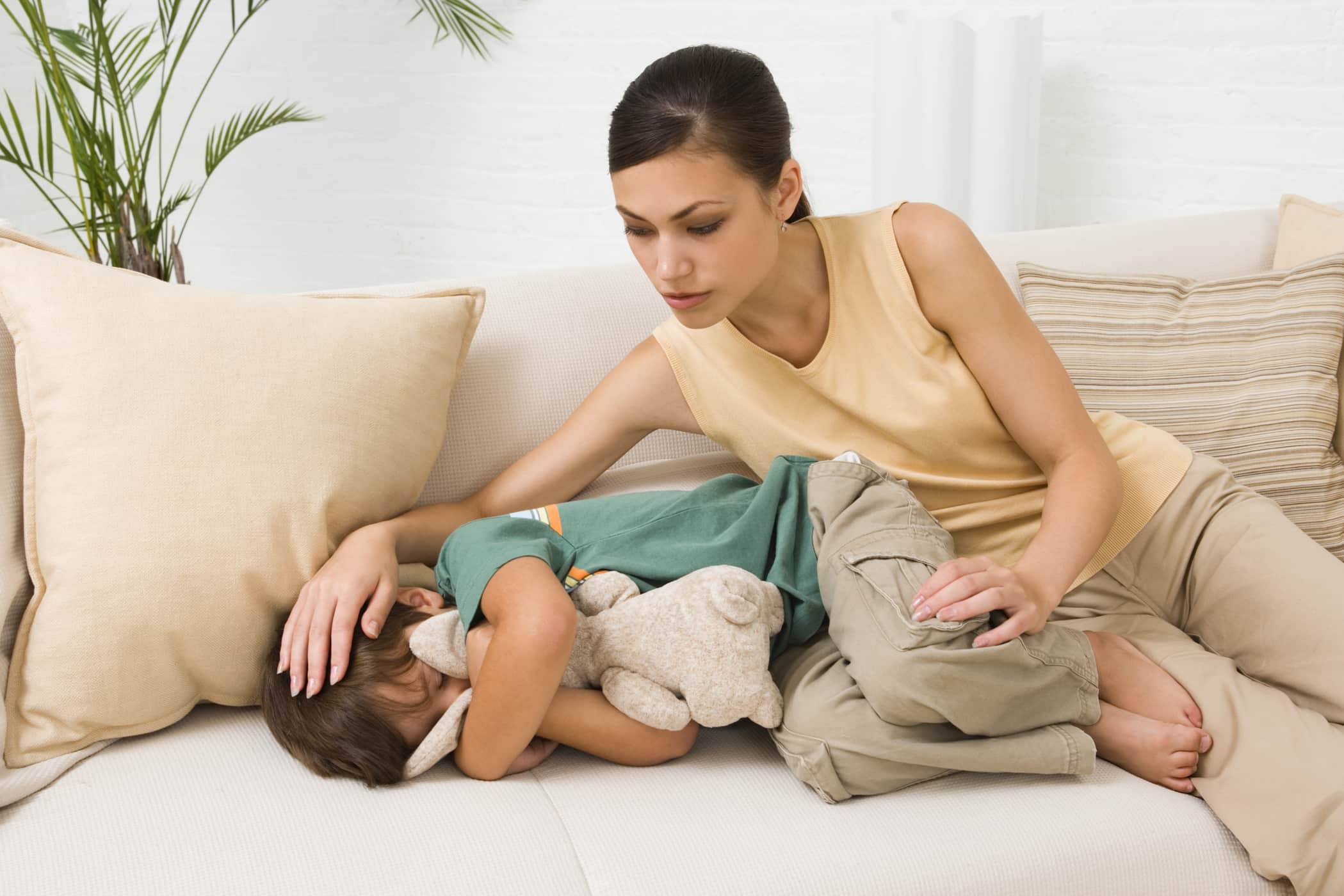Contents:
- Medical Video: Worms Are Wonderful
- Why is the child susceptible to worms?
- What are the characteristics of worms in children?
- 1. Pinworms (Enterobius vermicularis)
- 2. Roundworms (Ascariasis lumbricoides)
- 3. Hookworm (Necator americanusandAcylostoma duodenale)
- 4. Tapeworm infection (Taenia sp.)
- How do you prevent worms in children?
Medical Video: Worms Are Wonderful
Worms are one of the big problems facing children. But sometimes parents still underestimate these problems. In fact, if allowed to drag on the presence of worms in the body can inhibit the growth and development of children. This is because worms will absorb the food extracts contained in blood cells and intestines. Read on to find out the characteristics of worms in children.
Why is the child susceptible to worms?
Children are most vulnerable to worms, because children sometimes ignore hygiene problems. Worms usually occur due to a lack of awareness to always maintain personal hygiene or the environment. Worms usually enter the body's organs through the digestive tract, skin, intestines, lungs, and even muscles.
Apart from playing in a place that is already contaminated with worm eggs, children are also susceptible to worms from food and drinks that are not hygienic and not cooked in the right way - like not fully cooked. That's why, it's important for mothers tomaintain the cleanliness of food and the environment of your child.
What are the characteristics of worms in children?
Here are some characteristics of worms in children based on the type of worm that infects them in the body.
1. Pinworms (Enterobius vermicularis)
This type of worm is more common in children. This happens because children like playing dirty, for example playing land.
Once satisfied playing, usually without washing hands the children immediately take food. So that the worm eggs attached to their fingers will come into the mouth. Then the egg hatches in the small intestine and into the large intestine. In the large intestine, pinworms attach and will take food. Then if it is an adult female pinworms will go to the anus to remove the egg. So, this is the reason why many children affected by pinworms will experience itching around the anus.
Characteristics of children affected by pinworms:
- Continuous itching around the anus
- Difficulty sleeping due to feeling itchy around the anus
- Around the anus feels painful and irritates
- There are pinworms in the stool
2. Roundworms (Ascariasis lumbricoides)
Roundworms usually spread through food and drinks that have been contaminated with roundworms. But there is no specific symptom caused by this worm. We just found out after seeing worms that come out together with feces. The way of life of roundworms in the small intestine is by parasites. Roundworms can also enter the lungs and cause the child to cough.
Characteristics of children affected by roundworms:
- Cough
- Abdominal pain
- Nausea sometimes even vomits
- Weight loss
- Worms appear in feces
- Sluggish
3. Hookworm (Necator americanusandAcylostoma duodenale)
Hookworms usually attach to the intestine with their mouths and will suck blood. Then, this worm enters through the skin of the foot and will infect the inside of the body, such as the lungs and heart through the bloodstream.
Not infrequently, these worms cause anemia in children, resulting in a decrease in endurance and affect children's intelligence. This worm contamination also results in the child becoming difficult to eat so that it becomes malnourished because all nutrients will be absorbed by the worm.
Characteristics of children exposed to hookworms:
- Missing abdominal pain can make the baby become very fussy
- Diarrhea
- Nausea
- Fever
- Anemia (child looks pale)
- No appetite
- Itching in areas where larvae enter the skin
- Blood is found in feces if the intestine has an infection due to worms
4. Tapeworm infection (Taenia sp.)
Generally, children infected with tapeworms do not feel any symptoms because indeed the symptoms that are caused are difficult to detect. However, for children who suffer from intestinal infections due to tapeworms, the head of the tapeworm will stick to the intestinal wall. While the body part will continue to grow and produce eggs in the intestine.
Characteristics of children exposed to tapeworms:
- Nausea
- Stomach ache
- Looks weak and weak
- Loss of appetite
- Weight loss
- If the symptoms of tapeworm infection have spread to parts of the body, it will likely cause damage to organs and tissues.
How do you prevent worms in children?
After knowing the characteristics of intestinal worms in children, here are some ways you can do to prevent your child from experiencing worms:
- Inculcate the habit of washing hands in the right way before eating or after doing activities
- Make sure your children change their underwear every day
- Wash your sheets, blankets and baby dolls regularly at least once a week
- Encourage your child to play in dry areas and not play in muddy puddles
- Make sure your vegetables and meat are cooked carefully before you serve them to your little one
- Teach children to care about the cleanliness of their nails and the cleanliness of the genital area
- Always maintain the cleanliness of the house, the environment, even the little ones toys
- If your child raises one of the symptoms mentioned above, you should consult a doctor so that the child immediately gets the right action.












